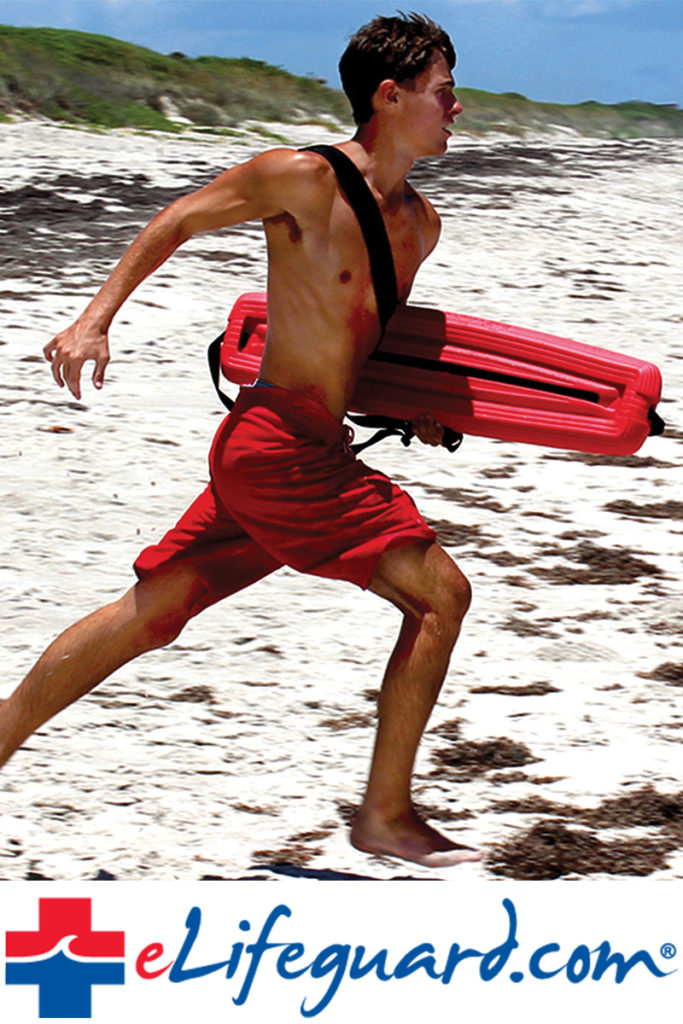The History Timeline of Lifeguarding
Not everyone has an inner Samaritan, but those who do have found magnificent ways to put their selfless spirits to work. Lifeguarding is a perfect example of this. In honor of National Lifeguard Day, we’re exploring the history of lifeguards.
Early 1900s: Resorts were popping up all over the United States, especially in the New England area. These resorts offered tons of recreational activities and came with huge pools. It’s estimated that approximately 9000 people died of drowning each year. In an effort to combat the drownings, lifelines were installed at beaches. The lifeline worked simply, as it was a rope attached to the shore for people to cling to. The lifelines were either hard to find or hard to grab, so they proved defective, but it jump-started the idea of saving people from drowning.
1912: First YMCA National Lifesaving Service was organized.
1925: Duke Kahanamoku made lifeguarding history when he rescued over 10 people using his surfboard.  Kahanamoku was about to surf when he and some friends spotted a struggling yacht, Thema. He bravely swam through the rough waters to save as many passengers as he could—using only his surfboard! This sparked ideas for the modern-day rescue board.
Kahanamoku was about to surf when he and some friends spotted a struggling yacht, Thema. He bravely swam through the rough waters to save as many passengers as he could—using only his surfboard! This sparked ideas for the modern-day rescue board.
1957-1960: Early adoptions of mouth-to-mouth breathing when saving drowning victims.
1988: National Park Service releases a management policy that states “the saving of human life will take precedence over all other management activities.”
 1989-2001: Baywatch TV Show popularizes and glamorizes the idea of being a lifeguard.
1989-2001: Baywatch TV Show popularizes and glamorizes the idea of being a lifeguard.
2005: Cell phones are used by EMTs/Paramedics when transporting victims to the hospital. The phones allow them to transmit the patients’ EKG readings, which is especially helpful for drowning survivors.
2016: LIFE™ Rescue Tube Invented.
2017: Baywatch Movie is released.
To be sure that you are not missing out on any of our lifeguard videos & stories, please subscribe to our newsletter here.
For videos, articles, & events about lifeguarding related industry topics, visit www.lifeguardtv.com





